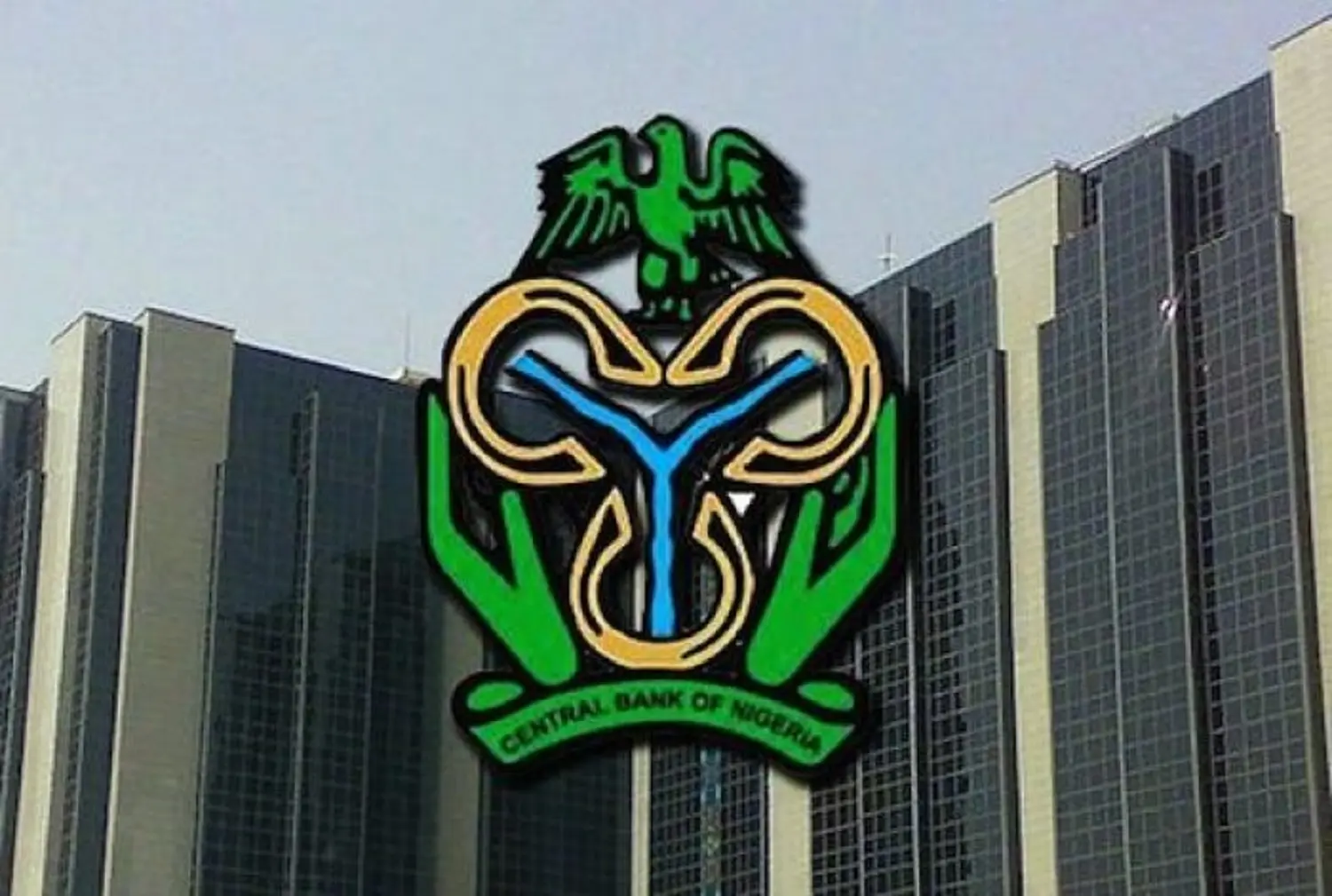The Central Bank of Nigeria (CBN) is bracing for a hefty interest payout, with projections indicating an outlay of approximately N1.01 trillion, stemming from its relentless efforts to safeguard the naira.
Analysis of first-quarter 2024 Nigerian Treasury Bills (NTB) auction data unveils a robust subscription trend amid escalating interest rates, underlining the financial commitment to defending the naira and mitigating inflationary risks.
Investor confidence appears buoyant amidst the CBN’s assertive stance, as evidenced by robust subscription rates, reflecting faith in the institution’s ability to navigate the country’s economic challenges.
Total subscriptions for the quarter surged to N21.17 trillion, underscoring soaring demand for government securities. Despite this, the CBN exercised prudence in liquidity management, with total sales amounting to approximately N5.64 trillion.
The latest March 27, 2024 auction witnessed substantial subscriptions exceeding N2.62 trillion across various tenors. Notably, the central bank’s selective bidding process saw an uptick in stop rates, with the 182-day bill fetching a rate of 17%, marking a significant increase from the previous auction.
Interest rates on NTBs have gradually risen throughout the quarter, reaching 16.24%, 17%, and 21.124% for the 91-day, 182-day, and 364-day tenors, respectively, by March 2024. This surge underscores investor appetite for higher yields, bolstering Nigeria’s fiscal stability.
The apex bank’s strategy, spearheaded by Yemi Cardoso, involves a series of interest rate hikes, with the monetary policy rate (MPR) climbing by 600 basis points to 24.75%. These measures aim to address macroeconomic challenges, including inflationary pressures.
Higher interest rates serve as a tool to combat inflation by curbing spending and investment. Moreover, they attract foreign investors seeking better returns, potentially stabilizing the Nigerian Naira.
Recent data reveals heightened foreign investor interest in Nigeria’s financial instruments, with over 75% of bids during March 1 and 6, 2024, government securities auctions originating from abroad.
The surge in NTB stop rates signifies an aggressive monetary policy tightening by the CBN, with implications for borrowing costs and economic growth. While businesses may face increased expenses, investors stand to benefit from enhanced returns, potentially bolstering the naira’s position.
However, the substantial interest payout underscores the fiscal burden on the CBN, potentially limiting its flexibility in other areas such as developmental lending and currency interventions. Amidst global economic uncertainties, particularly in oil prices, the pressure on the CBN may intensify, necessitating prudent fiscal management.


